High school students harvest sweet results
By Kate Hayden, khayden@charlescitypress.com
Seventh-grade student Miracle Kolheim and her classmates didn’t seem so sure about the raw honey sitting on a table in Jim Lundberg’s classroom.
In twos and threes, the middle school students piled around to taste honeycombs harvested just the day before by Lundberg’s high school agriculture students.
Kolheim didn’t get a chance until after the class session was over, but with encouragement from Lundberg, she took a small scoop.
For some students, it may have been the first taste of locally-grown honey.
“You always want to harvest honey on a sunny day, not a cloudy day,” Lundberg told the class.
He and the high school agriculture students had just heeded that advice the day before, when it took about an hour for high school students to harvest one layer of the honey on Monday.
Two beehives maintained by the Charles City FFA sit on 35 acres of a USDA pollinator habitat that the Floyd County Fair board of directors designated for the next 10 years — and the land is rife with coneflowers, milkweed and other plants that give the FFA bees plenty of food supply.
“It’s seeded down with wildflowers and grasses in hopes of bringing back butterflies and bees, because the numbers have dropped off,” Lundberg said.
With the help of an $1,800 grant from the Tractor Supply Co., Charles City students installed the two beehives last May.
The first harvest is encouraging, Lundberg said.
“We have two gallons of honey, and that’s more than I ever anticipated. A lot of people told us we wouldn’t get any honey,” Lundberg said. “The bees just did really well for us.”
“None of these kids have ever done this before, and I haven’t either,” he added. “There has been very little error to this point.”
The only exception was the location to the first hive, at a property rented by the FFA from a local landowner. After the initial setup, students realized they couldn’t keep a hive so close to beans that would be sprayed with pesticides.
After nightfall, when the bees returned to their hive, the group loaded the whole operation into Lundberg’s truck and transported it to the fairgrounds, where the first hive was already placed.
Since the project started, Lundberg said he’s had only a few bees hang around his truck.
“I’m the only one who’s gotten stung,” he assured seventh graders on Tuesday.
Senior Jackson Boge said he has been fascinated with bees since he was 6 years old, and jumped at his chance on Monday to work so close to the hive at the fairgrounds.
“It was exciting, because you got to be really close to the bees and not scared that they’re going to sting you,” Boge said. “There’s a whole bunch of them in a small, confined space. Most people are pretty scared of bees, but once you have the suit on it’s not that big of a deal. You get to see what they’re like and what they do.”
Boge grew up on his family’s farm, and hopes to introduce a beehive to the property when he takes over someday.
“I like hands-on, I like to be outside. … That’s the way I like to do life,” he said. “If I ever get my own hive, I’ll know the basics of how to do it.”
The bounty of honey will be only part of what the agriculture and Comet Cafe students serve at the upcoming farm-to-fork dinner, to be held Nov. 3 at the Charles City FFA Youth Enrichment Center.
Agriculture students will hand over all the honey, chicken, pork, micro-greens, hydroponic-raised lettuce and more that the class has raised, to Dene Lundberg’s Comet Cafe students.
Comet Cafe will turn around and prepare a meal raised entirely by Charles City students, and served to the public before the evening’s showing of “The Addams Family Musical.”
“We went out today and picked two bushels of ear corn, and we’re grinding that and making our own corn bread out of our own corn that we’ve grown,” Lundberg said.
The pork was raised by an agriculture student at his family farm, and the class raised chickens together in the classroom (“until the smell got too bad and we moved them outside”).
Speaking to seventh-grade students, Lundberg encouraged them to be curious about where the food they eat comes from.
“What we want to see in the future … is raising our own food to serve in the school,” Lundberg told the class. “We’re going to see a lot more of that locally grown food.”
“If you get the chance to do it, I’d do it,” Boge said. “Try new things. It’s not that bad.”

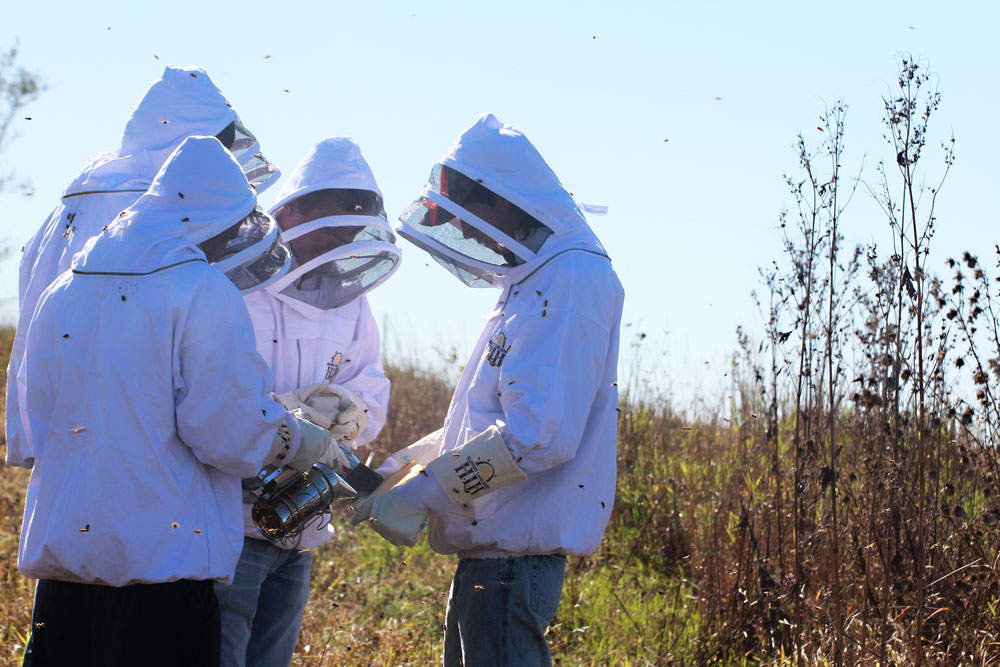
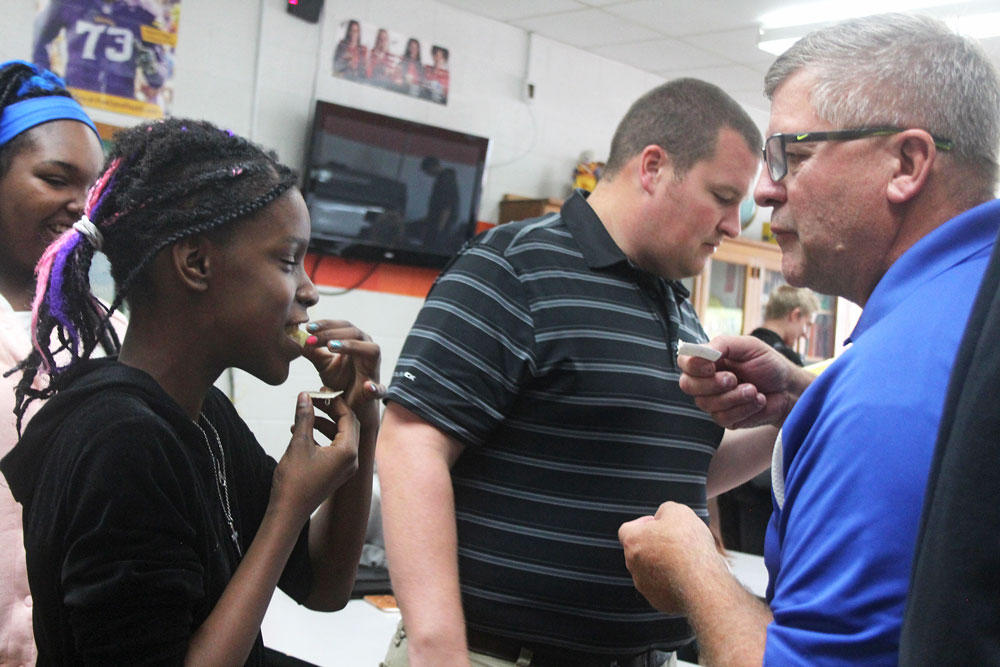
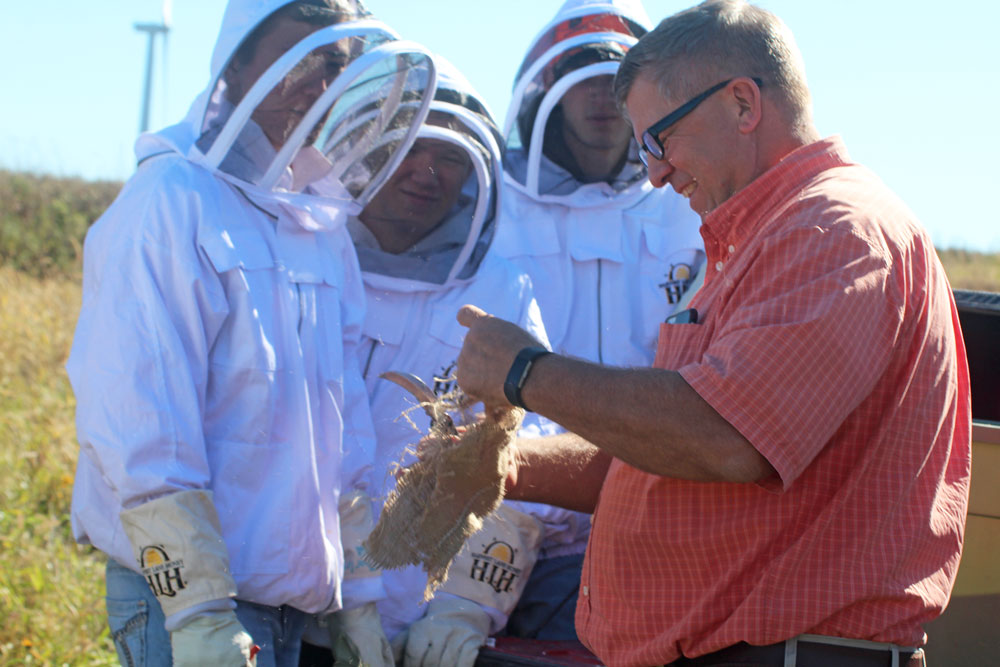
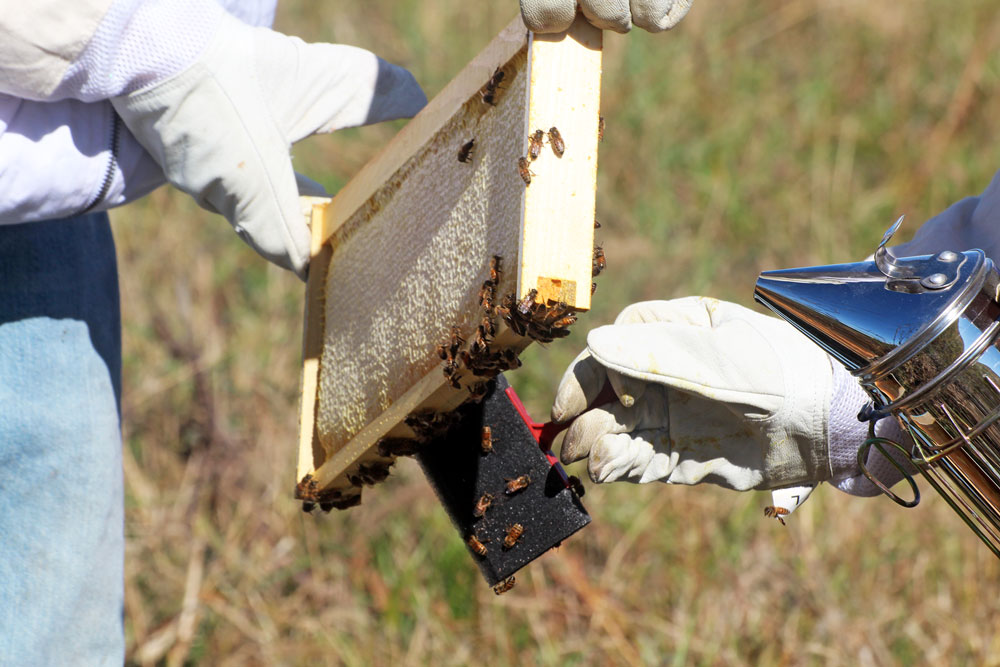
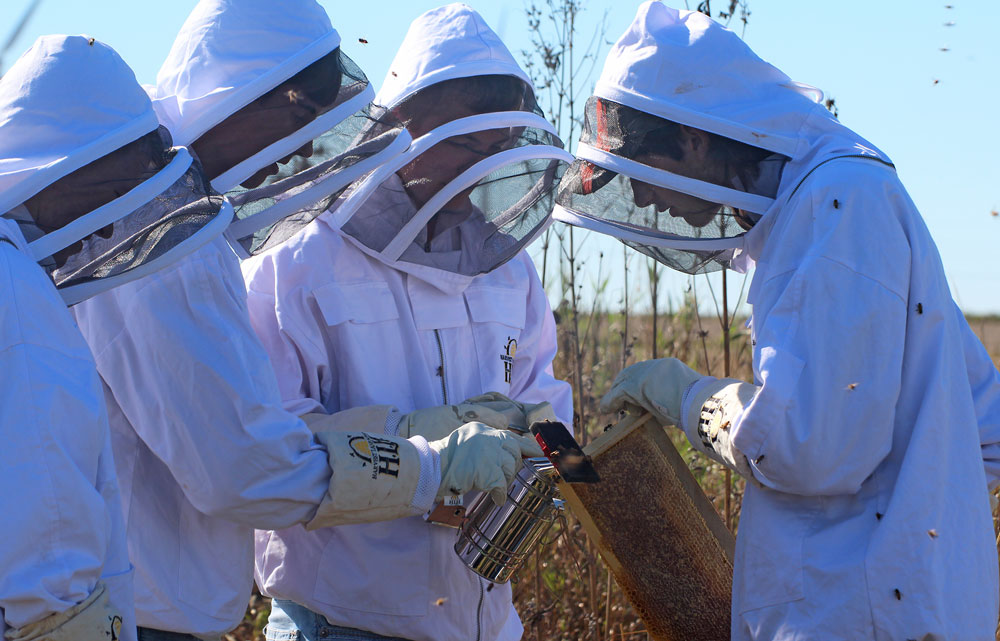
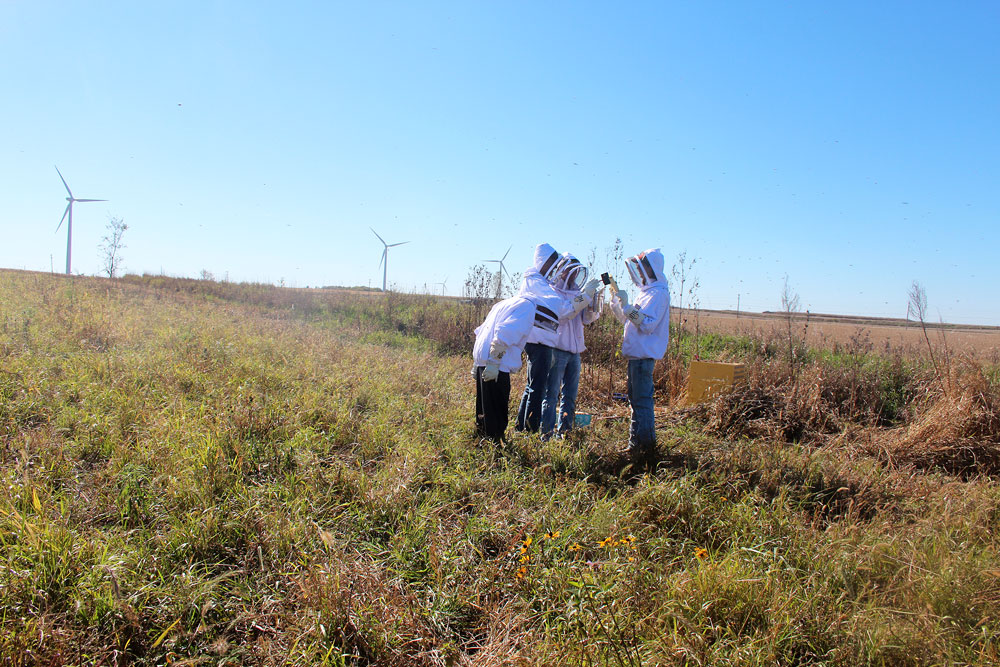
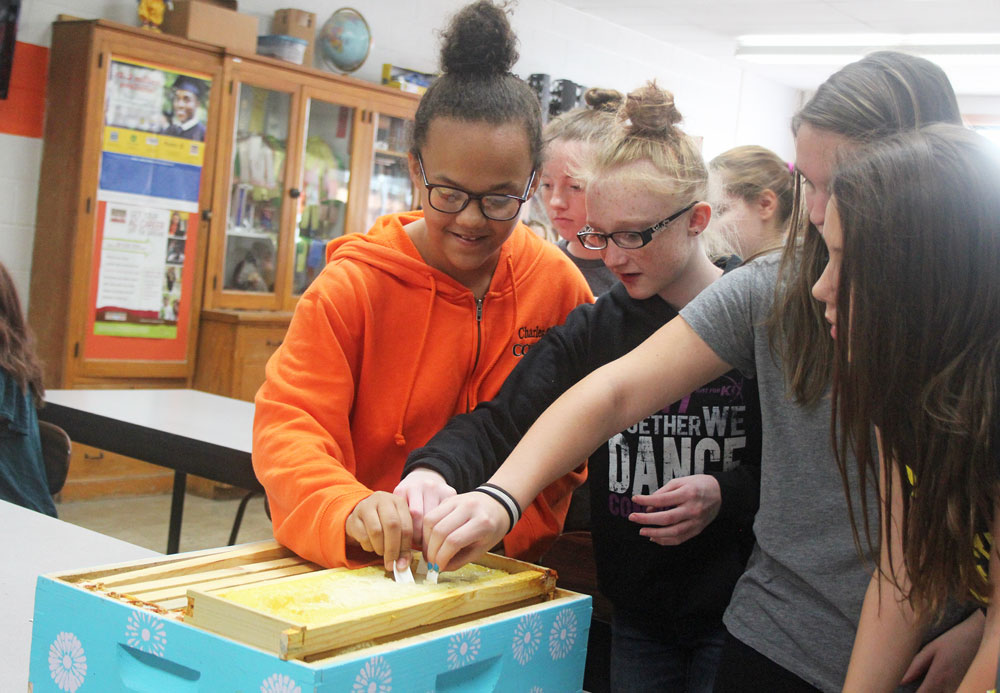
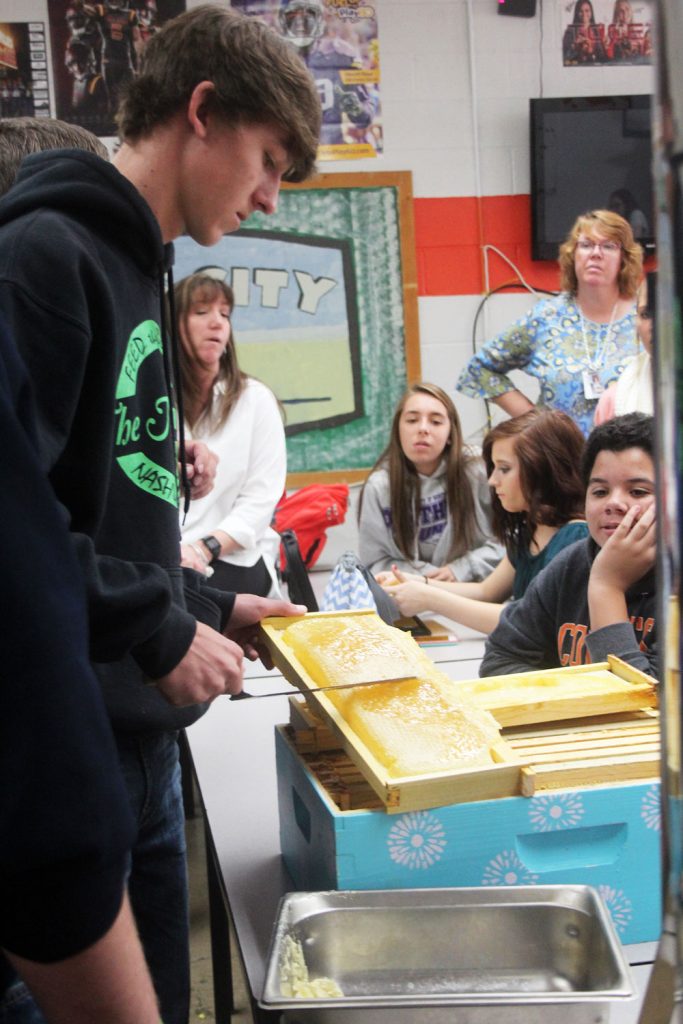
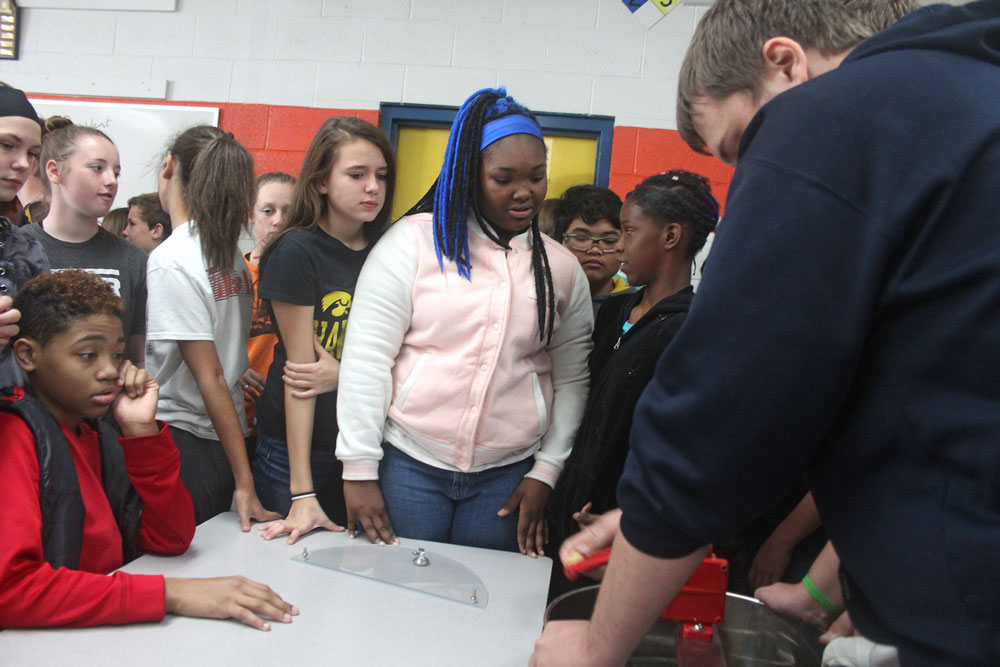
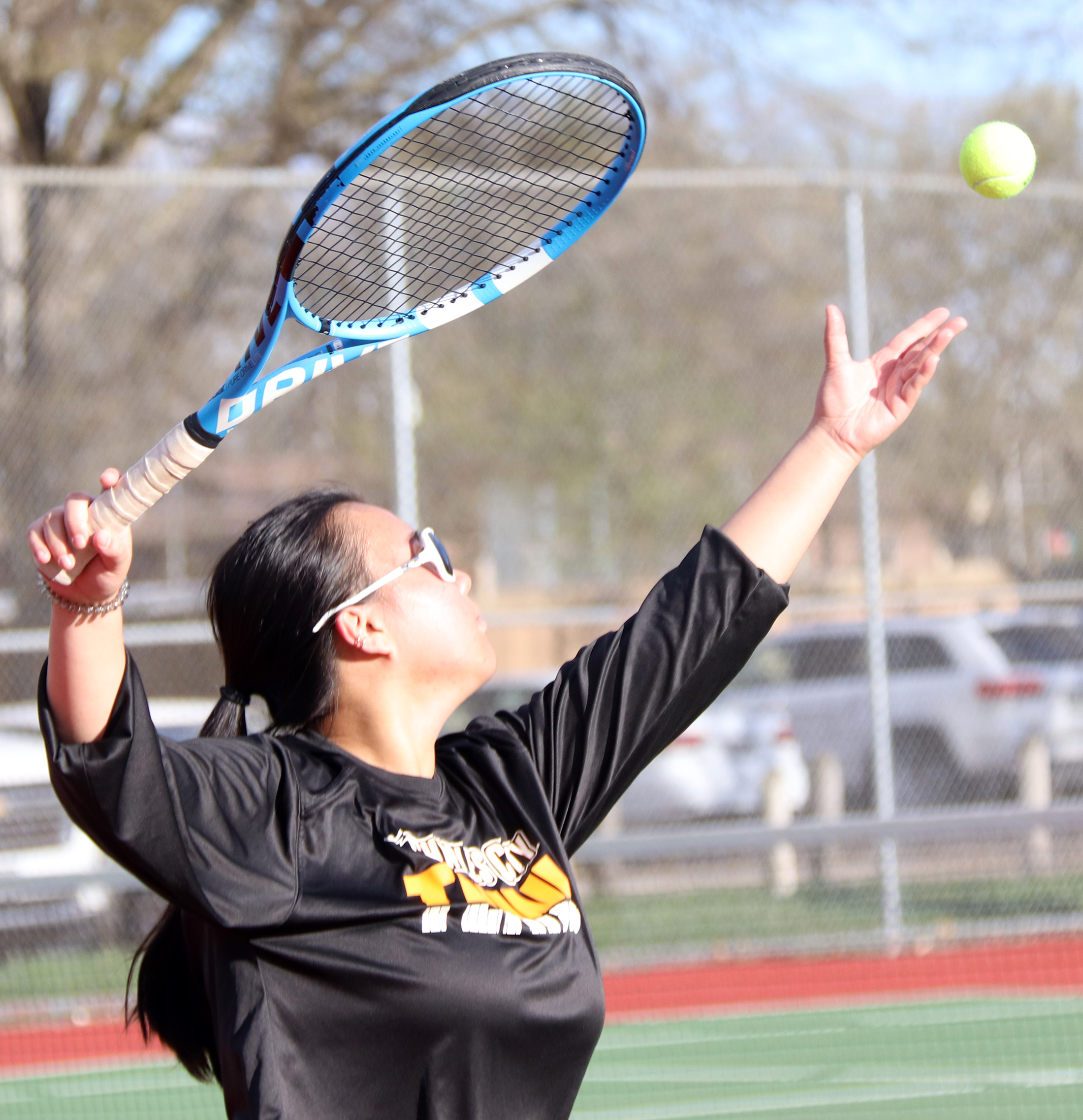
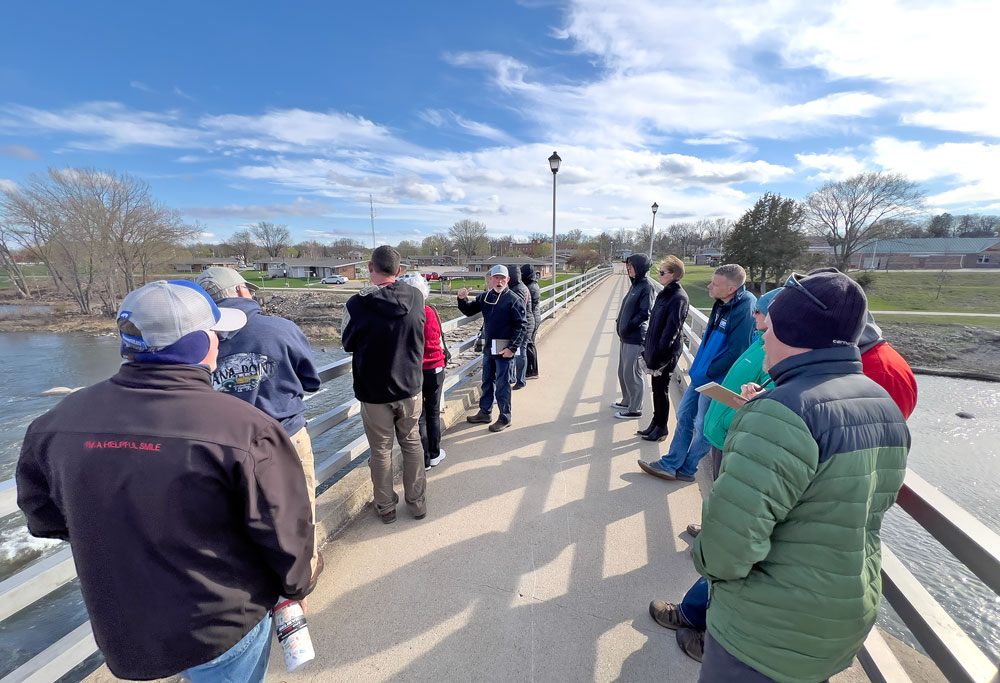
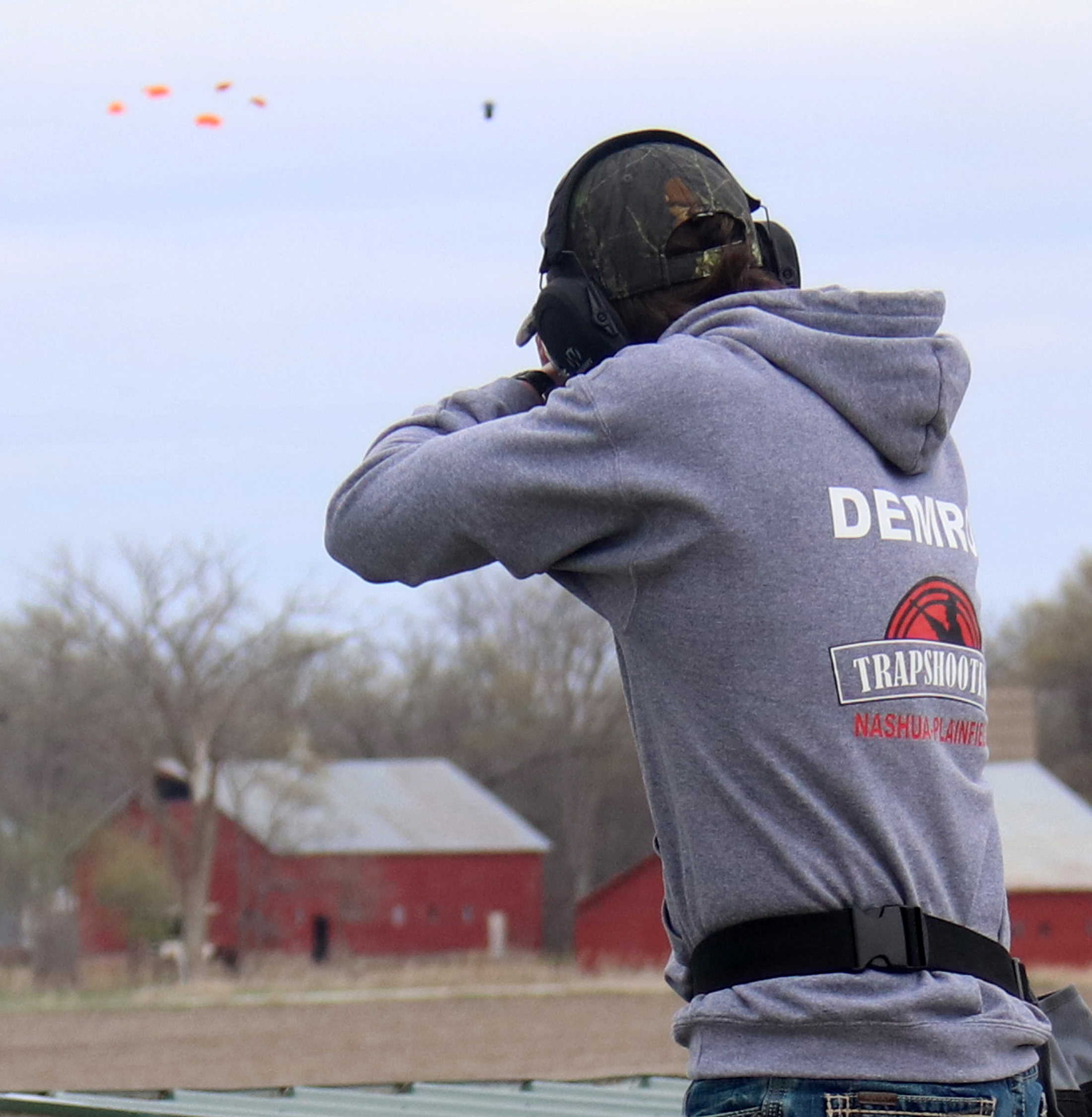
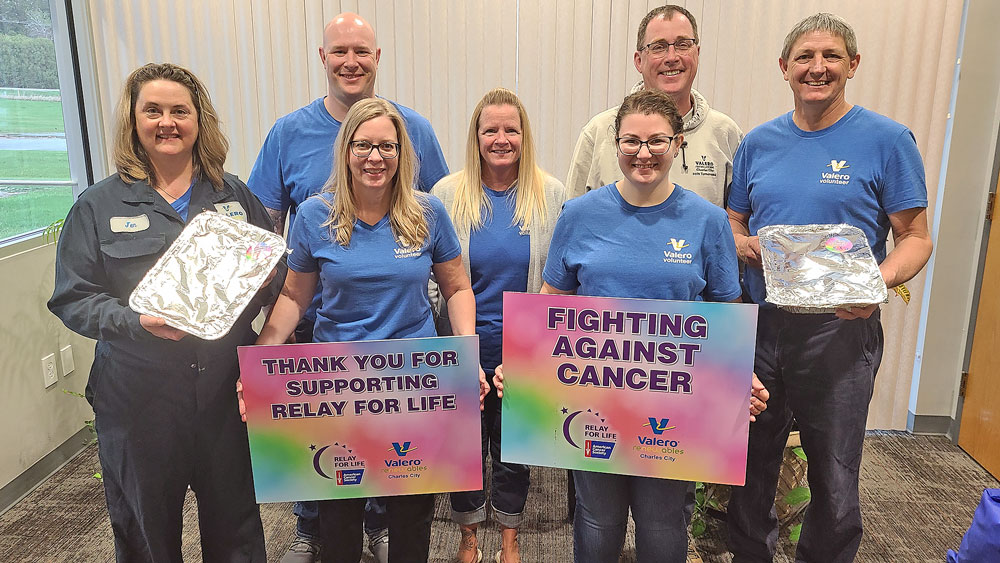


Social Share